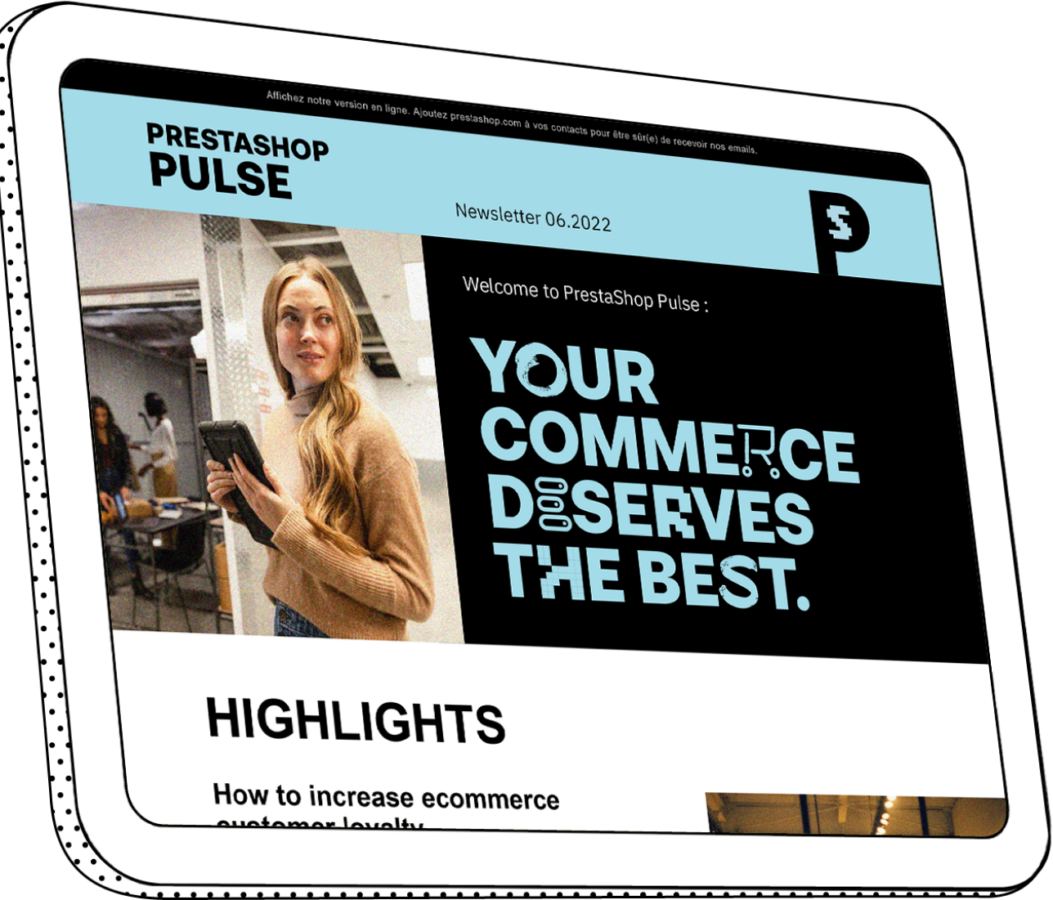
Ecommerce funding alternatives to grow your small business
Small business owners are all too familiar with the challenges of securing funding for their company, especially in the early days. You could have an incredible, one-of-a-kind product with a loyal customer base and even see the beginnings of profitability, but if you can’t get funding to scale, odds are your business won’t be able to reach its next growth milestone. Unfortunately, most banks simply aren’t willing to bet on first-time business owners without a long-term track record.
Luckily for all the founders out there, however, there are ways to access that coveted e-commerce funding outside of the traditional bank lending ecosystem.
What is alternative lending?
Alternative lending involves a range of non-bank financial products—from loans to cash advances to donations. Certain kinds are more applicable to e-commerce, while others cater specifically to business types like SaaS. Generally speaking, alternative lenders have less red tape and provide quicker access to working capital, which could end up making or breaking your business during the critical scaling period.
Types of funding alternatives
It might be the road less travelled, but seeking funding outside of banks is becoming increasingly popular among entrepreneurs. Today, there are many options available to small businesses for e-commerce funding—particularly to founders who have difficulty getting a bank loan due to bad credit and other factors.
Crowdfunding
Crowdfunding, as its name suggests, refers to securing funding from a group of people, or “crowd”. Thanks to the internet, many founders have been able to spread the word about their business to like-minded individuals who believe in their product and end up investing. There are three main crowdfunding models: donation-, rewards-, and equity-based. Well-known examples of crowdfunding platforms include IndieGogo and Kickstarter.
Peer-to-peer lending
Similar to crowdfunding, peer-to-peer lending (P2P) leverages the power of the internet to secure funding, but in a slightly different way. This type of financing involves a network of similar-minded entrepreneurs who each contribute small(er) amounts towards your business. Notable examples of P2P platforms include Upstart (recommended for those with limited credit history) and Funding Circle (designed for small businesses).
Microloans and microfinancing
Many private companies and nonprofits offer small loans of up to $35,000 to help promote entrepreneurship, especially among small business owners and those who don’t qualify for bank financing. Microlending has become increasingly popular in recent decades. In the U.S, founders can apply for a Small Business Loan through the Small Business Administration (SBA), Patriot Express loans, and Small Office/Home Office (SOHO) loans, to name a few.
Bootstrapping
If you’re familiar with the expression “pulling up by one’s own bootstraps”, then you probably know what we’re talking about here. Bootstrapping refers to founders using their own funds and the business’ existing cash flow to grow the company. Probably the most famous example of this type of funding is in the case of Sara Blakely, the founder of Spanx. She used her personal savings towards her business and to this day owns 100% of the company.
Revenue-based financing
Revenue-based financing (RBF) is a type of funding alternative in which you receive a cash influx in exchange for a fixed percentage of future revenue. A merchant cash advance (MCA) is a type of revenue-based financing where an advance is offered and repaid based on an agreed-upon percentage of monthly credit card sales.
Asset-based loans
Asset-based loans involve using your business’ assets as collateral, such as property, inventory, or accounts receivable (also known as invoice financing). The idea behind this type of funding is that you’ll be able to cover some of the short- term costs of growing your business, like ordering raw materials to scale up production, for example.
Other ecommerce funding alternatives
- Business credit cards
- Government funding, like grants
- Family and friends
- Clearco
Securing ecommerce funding with Clearco
Clearco, a funding alternative to banks, offers a suite of performance financing products and services tailor-made for founders in all stages of their journey. These funding options range from $10K to $10M to help business founders scale while they maintain 100% ownership and control.
That means:
- No interest
- No equity
- No credit checks
- No personal guarantees
On top of receiving business funding, Clearco founders have access to an extensive network of partners and agencies to help you scale your business. Clearco’s Partner Recommendation tool, ClearMatch, pairs you with the most compatible partners in their network so that you have the support you need to grow your business to the next level.
To learn more about Clearco and how it can help your business scale like you’ve never imagined, apply today.





